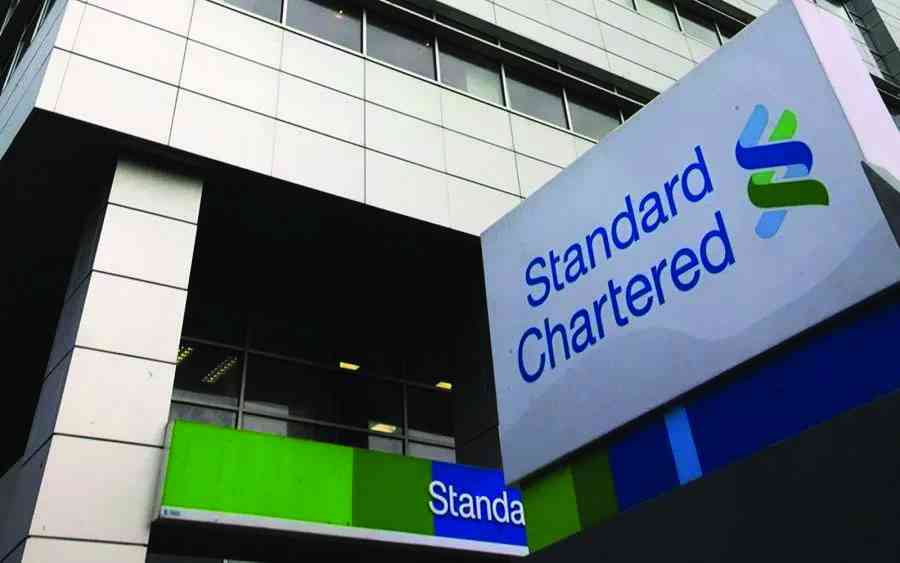
THE Reserve Bank of Zimbabwe (RBZ) governor John Mushayavhanu has announced plans to crack down on supermarkets found using exchange rates which are higher than the official rate.
Mushayavanhu has threatened to revoke shop licences of exchange rate violators after some supermarkets have reportedly been using a higher rate than the official Zimbabwe Gold (ZiG)13,5 to US$1.
In a recent interview with a local radio station, Mushayavhanu said he was going to launch a crackdown on supermarkets and businesses that were not adhering to the official rate.
“You should report on all supermarkets that are not using the ZiG13,5 rate, but using a higher rate. We are not going to tolerate that. They are going to get their licences terminated,” Mushayavanhu told the radio station.
He said the official exchange rate was crucial for maintaining stability in the economy and ensuring the strength of the ZiG.
“ZiG is going to be a stable currency and it is here to stay. Hang on to your ZiG and do not fall for unscrupulous people who want to exchange the currency at a high rate,” he said.
The ZiG currency, introduced last month, is currently trading at between ZiG17 and ZiG22 for US$1 dollar on the parallel.
Government has been implementing various measures to curb inflation and stabilise the exchange rate, including arresting scores of illegal foreign currency dealers who have been derailing the country’s monetary policies over the past years.
- Awards target married couples
- Awards target married couples
- Sibanda living his writing dream
- Pomona deal under spotlight as experts meet
Keep Reading
The Consumer Protection Commission, together with the police and RBZ’s Financial Intelligence Unit also launched a blitz on businesses refusing to accept the new currency.
Meanwhile, ZiG can now be used to buy fuel at local service stations following a statement issued by the Zimbabwe Energy Regulatory Authority saying fuel would now be available in the local currency with immediate effect.
“Operators may sell the petroleum products below the prescribed prices depending on their trading advantages and should display prices as provided for by the fuel pricing regulations,” Zera said.






